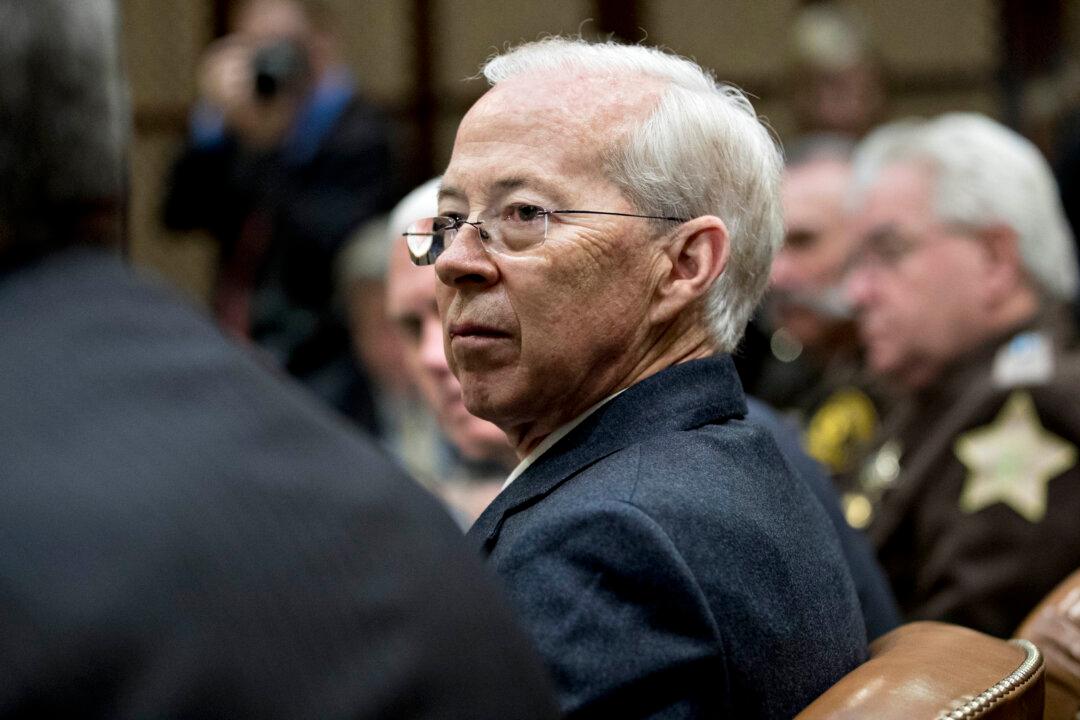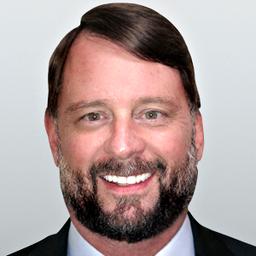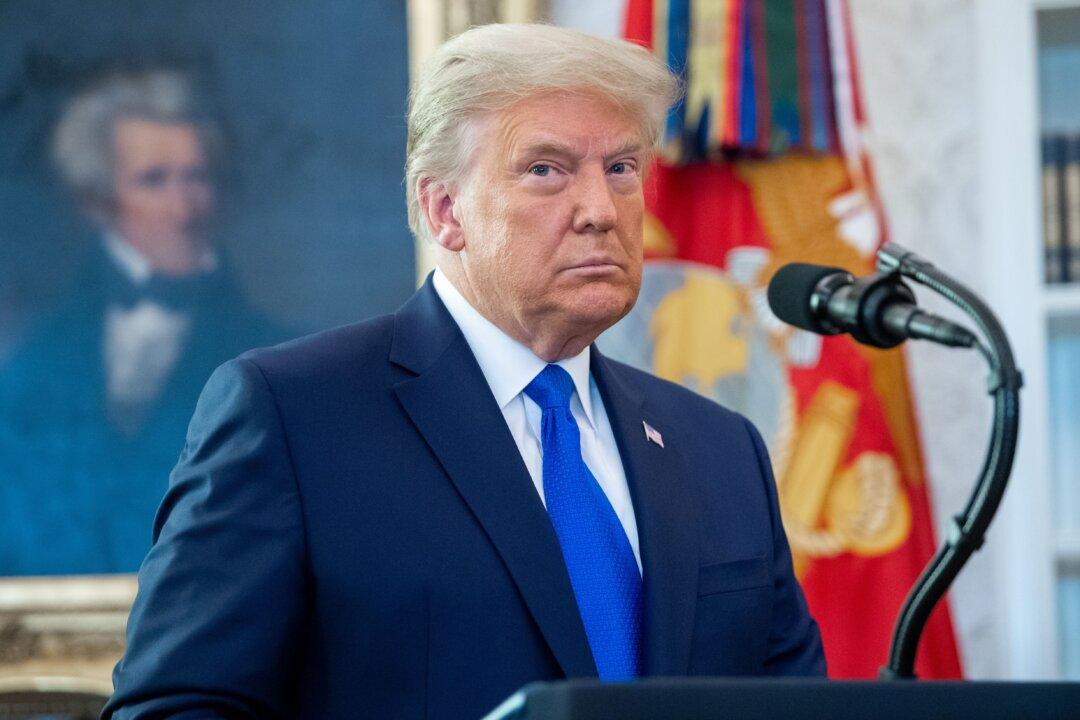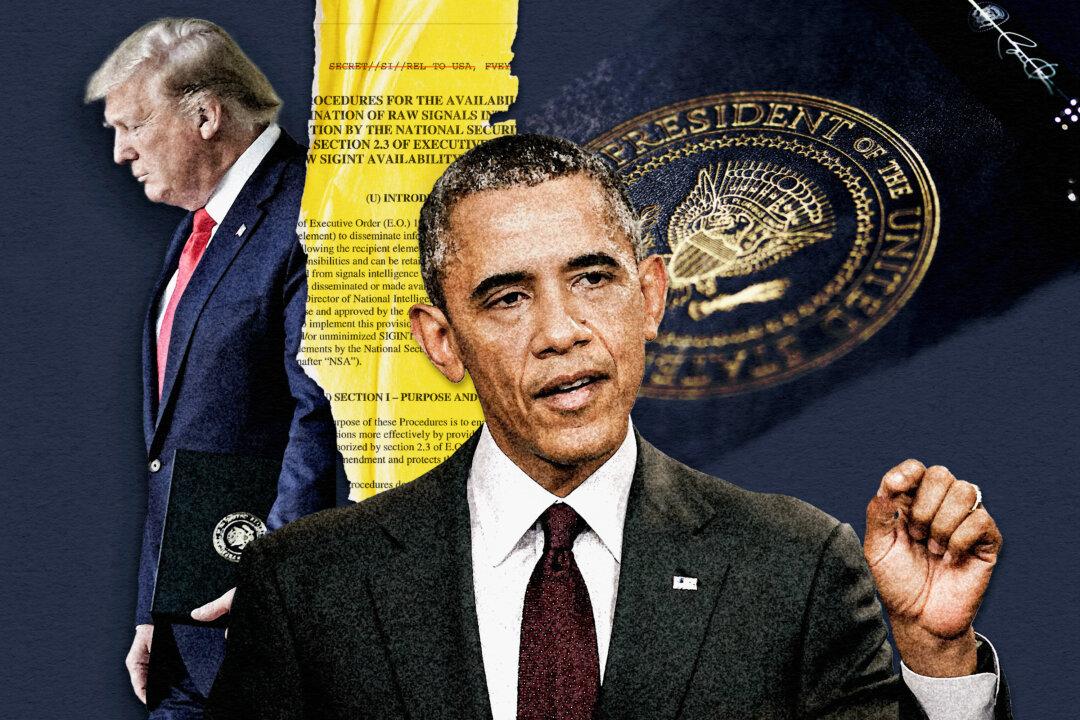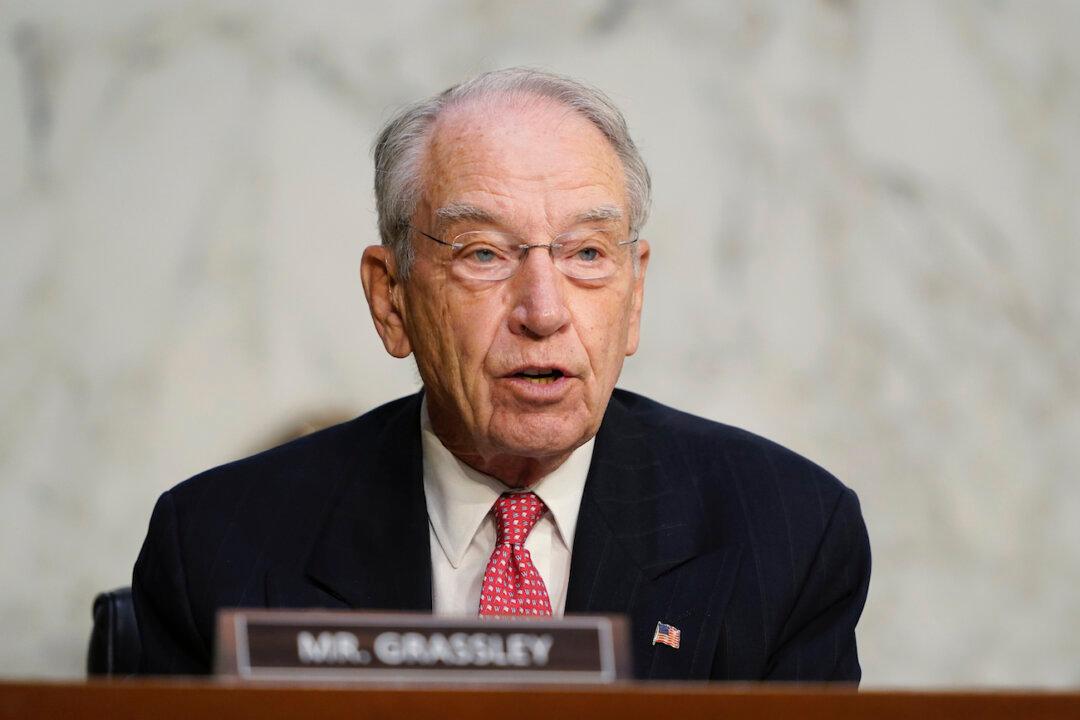FBI General Counsel Dana Boente has proven to be a key player in the Trump administration. Few, however, are aware of the many crucial positions he has held—and why he may have held them.
During President Donald Trump’s first two years in office, Boente has served as the acting attorney general, acting deputy attorney general, acting head of the Justice Department’s (DOJ) National Security Division, and currently serves as the FBI’s general counsel.
